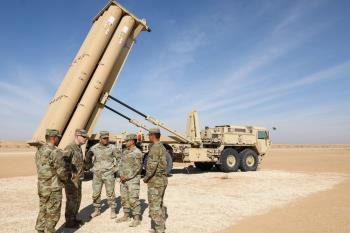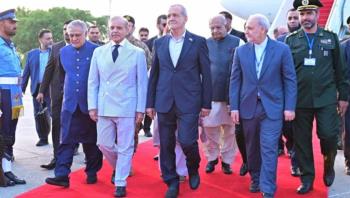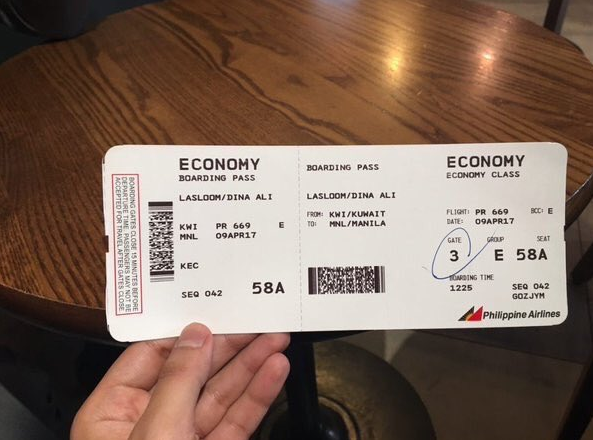Alwaght- Human rights activists voiced deep concerns over the fate of a fleeing Saudi woman who has been forced back to the Arab country by his relatives and airport authorities in the Philippines’ capital Manila, where she had arrived before a planned trip further away to Australia.
Activists campaigned across social media on Friday to circulate information about the plight of the female, identified as the 24-year-old Dina Ali Lasloom who was escaping a forced marriage.
Sensing danger, the female sought the help of a Canadian at the airport in the Philippines capital, the agency said, citing Human Rights Watch (HRW). The New York-based body said the Canadian had helped her post videos on social networks about her situation.
In one of them she said, “If my family comes, they will kill me,” according to the HRW, which also said, “Lasloom’s whereabouts are currently unknown.”
The woman was last seen being taken away by two of her uncles and airport security personnel, while gagged and struggling.
Beforehand, she had had her passport and boarding pass for a Sydney-bound flight “confiscated” by airport officials, the Canadian said.
“Saudi women fleeing their family or the country can face so-called ‘honor’ violence or other serious harm if returned against their will,” said Sarah Leah Whitson, Middle East director at Human Rights Watch. “Saudi authorities should immediately protect this woman from her family to ensure she’s not subjected to violence and should not punish her for fleeing.”
It was not clear how her family had been informed of where she was and when she was there to appear at the airport, raising speculation that Philippine authorities might have notified the Saudi government.
The security official said that at 5:15 p.m., while he was in the hotel lobby, he saw two airline security officials and three apparently Middle Eastern men enter the hotel and go to her room, which he said was near the lobby. He said he heard her screaming and begging for help from her room, after which he saw them carry her out with duct tape on her mouth, feet, and hands. He said she was still struggling to break free when he saw them put her in a wheelchair and take her out of the hotel.
Reuters reported that several passengers said they had seen a woman being carried onto the plane screaming. One woman told Reuters, “I heard a lady screaming from upstairs. Then I saw two or three men carrying her. They weren’t Filipino. They looked Arab.” Two people who went to Riyadh airport at midnight to seek information about Lasloom told Human Rights Watch that she did not emerge from the flight with the rest of the passengers. Reuters also reported that a Saudi activist who went to the airport to meet Lasloom appeared to have been detained after approaching security officials to inquire about the case.
The role Philippine authorities played in Lasloom’s return is unclear. As a party to the 1951 Refugee Convention and the Convention against Torture, the Philippines has an obligation not to return anyone to a territory where they face persecution because of their gender or a real risk of torture or cruel, inhuman, and degrading treatment.
“The Philippine government should fully investigate this incident and hold any of their officials who failed to protect Dina Ali Lasloom accountable, as required by international law,” Whitson said.
International campaigning and mounting criticism have failed to force Riyadh to end its medieval practices against women, including forced marriages and strict limitations on them.
Women are banned from driving in Saudi Arabia, where government-sanctioned clerics preach the extremist Wahhabi ideology. Wahhabism is also the main force behind the practices of almost all terrorist groups in the Middle East.



























